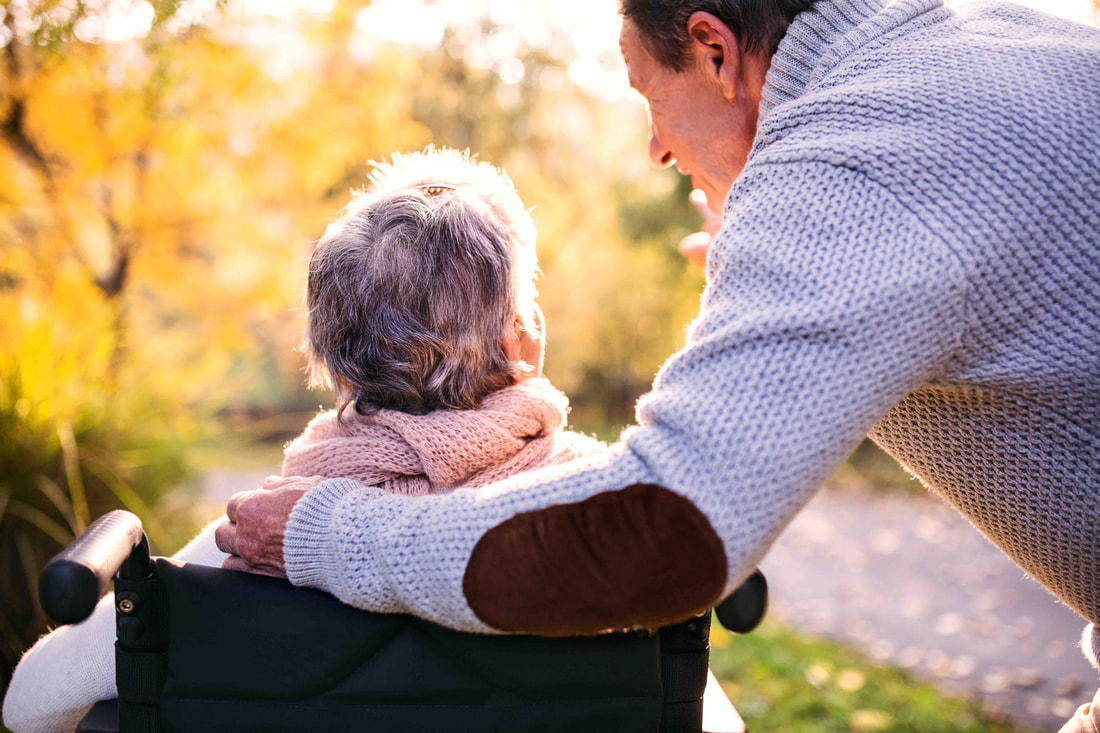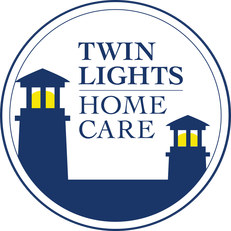|
There were times when I was caring for my mother in the final years of her life that I thought I was going to lose my mind. Many times. And quite literally. Although we employed part-time aides to look after my mom at her condominium in Highlands, I was constantly dealing with calls from the building manager, grocery shopping, doctors’ appointments, prescription pick-ups, bills and taxes. As my mother grew frailer in body and mind, there were phone calls at all hours of the day and night. Her door was wide open. She tried to walk out of the building. She was confused. She had fallen. There were days when I felt like I couldn’t go on anymore, had no idea how I’d continue juggling the responsibilities of helping my 82-year-old mother while meeting my obligations at work (two jobs) and home (three children). There were moments when the stress literally made me feel nauseous. I also felt angry, sad, frustrated, guilty. It didn’t occur to me at the time that other people — millions of them — were going through the same thing. “It’s hard,” said Linda Schulman, a New Jersey resident who first cared for her dying husband and then for her elderly mother. “It’s like having a second full-time job. It’s very time-consuming.” Schulman’s testimony is all the more telling because she’s a professional. Her title is director of community relations at Daughters of Israel, a nursing home and rehabilitation facility in West Orange. “It is my day and night,” Schulman said of her work in the nursing home. “I lived it. I breathed it. And then it became my life.” Schulman is among a number of New Jerseyans featured in a lengthy expose that recently appeared in the Asbury Park Press. The series, titled “‘Consuming and Isolating’: Why the Caregiver Crisis Could Strain Public Health Care,” reveals that 1.7 million people in New Jersey — nearly 20% of the men, women and children in the state — “live the life of an unreimbursed caregiver.” “Every day, compassionate Americans devote time, energy and resources to ensure that family members who are disabled, elderly, chronically ill or injured can remain in the stability and comfort of familiar surroundings,” reporter Cheryl Makin wrote. “ These Americans are caregivers -- a growing group who often sacrifice much in their own lives for their loved ones.” Are you a caregiver? If you devote some of your time each week to caring for a spouse, parent or other family member who needs help with “activities of daily living” and/or medical treatment, then you qualify as a caregiver. While there are professional caregivers who get paid for their work, most are family members who are unpaid. A recent study by the United Way found the vast majority of caregivers (86%) are women, mostly between the ages of 50 and 64. Nearly half provide care for a parent. Unlike professionals who work regular schedules, unpaid caregivers can be on call 24/7. Numerous studies show that such responsibility can take a serious toll, both mentally and physically. The United Way study, for example, found caregivers often neglect “their own mental and physical health ailments as they put themselves last in their desire to care for another. Caregivers may feel stress, grief and other difficult emotions while providing care.” It’s no wonder that nearly 20% of caregivers exhibit signs of moderate to severe depression, versus less than 7% of the overall population, according to the United Way. Lucille Deutsch, who runs a geriatric-care agency in Morris County, said many family caregivers “end up more ill than the person they are caring for. They don’t keep their doctors’ appointments, they are not eating right, they are not getting enough sleep, they don’t exercise because they are so focused on caring for this person that they love.” In many cases, family members don’t even realize they’re filling the role of a caregiver, Deutsch added. “I’ve met so many sons and daughters over the years who say, ‘No, I’m not a caregiver, I just go food shopping for my mom and do her laundry or I’ll run to the bank,’” she said. “Those are caregiving activities.” In retrospect, I never thought of myself as a caregiver either. As my mother’s condition worsened, we felt it necessary to hire a live-in aide through an agency. We went through a half-dozen aides before we found someone who was right for my mother. But even then I was often on duty, from stocking my mother’s refrigerator to managing her finances to relieving the aide when she went to church on Sundays. I guess I was a caregiver after all. What can caregivers do to manage the stresses and strains of their “second job”? The Family Caregiver Alliance offers the following tips: 1. Recognize warning signs early. These might include irritability, sleep problems and forgetfulness. Know your own warning signs, and act to make changes. Donʼt wait until you are overwhelmed. 2. Identify sources of stress. Ask yourself, “What is causing stress for me?” Sources of stress might be that you have too much to do, family disagreements, feelings of inadequacy or the inability to say no. 3. Identify what you can and cannot change. Remember, we can only change ourselves; we cannot change another person. Ask yourself, “What do I have some control over? What can I change?” 4. Take action. Taking some action to reduce stress gives us back a sense of control. Stress reducers can be simple activities like walking and other forms of exercise, gardening, meditation and having coffee with a friend. Identify some stress reducers that work for you. 5. Take a break from caregiving. Get help with caregiving tasks either by recruiting other family members or hiring a professional caregiver. Written by T.J. Foderaro
0 Comments
Leave a Reply. |
AuthorT.J. Foderaro Archives
February 2020
Categories
All
|
Copyright © 2023, Twin Lights Home Care, All RIghts Reserved

 RSS Feed
RSS Feed
